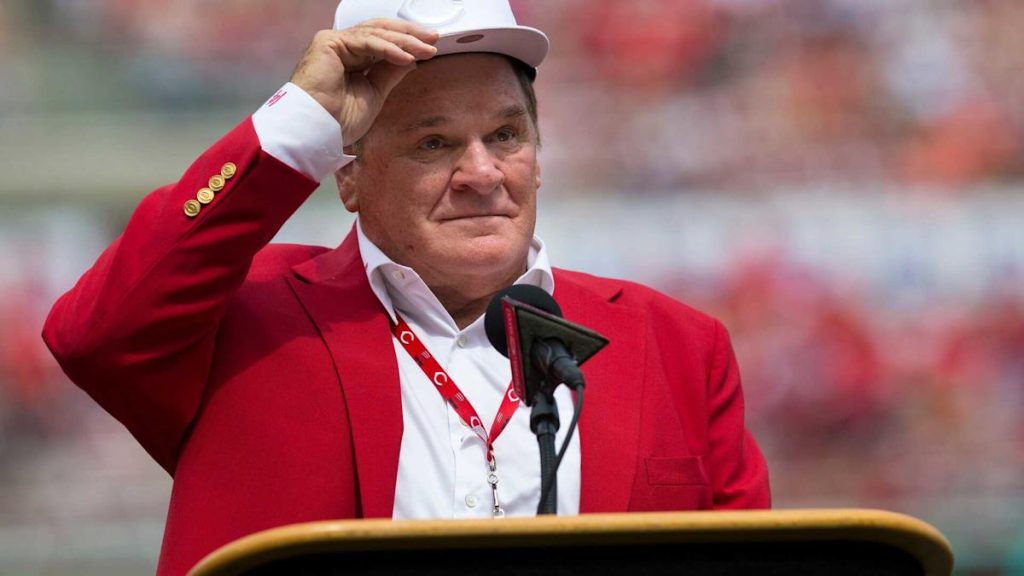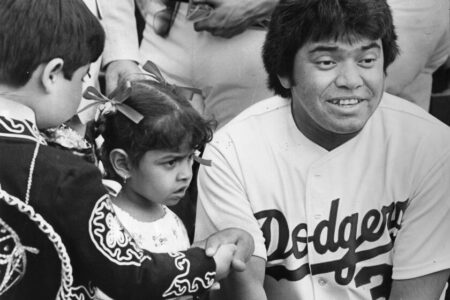A Controversial Legacy: Pete Rose’s Pursuit of Redemption
Pete Rose, the legendary baseball player and manager, has been a contentious figure in Major League Baseball (MLB) for decades. Known for his remarkable stats and on-field prowess, Rose held the distinction of being the career leader in hits (4,256), games played (3,562), and plate appearances (15,890). A 17-time All-Star and the 1973 National League MVP, Rose’s legacy was marred by allegations of gambling on baseball, which led to his permanent ban from the sport in 1989. Despite his impressive career, Rose’s ban has kept him from the National Baseball Hall of Fame, a distinction he deeply desired. Now, a petition has been filed to have Rose posthumously removed from MLB’s ineligible list, reigniting the debate over his place in baseball history.
The Legal Battle for Reinstatement
Jeffrey Lenkov, a Southern California lawyer who previously represented Rose, has filed a reinstatement petition on behalf of Rose’s family. Lenkov attended a crucial meeting on December 17 with Rose’s daughter, Fawn, MLB Commissioner Rob Manfred, and MLB executive Pat Courtney. The petition, filed on January 8, aims to have Rose’s name removed from the banned list, allowing the family to pursue his induction into the National Baseball Hall of Fame. Lenkov described the meeting with Manfred as respectful and productive, noting the commissioner’s active participation in the discussions. The Hall’s board of directors adopted a rule in 1991 that prohibits anyone on the permanently ineligible list from being considered for election to the Hall, making this petition a significant step in Rose’s quest for redemption.
A Lifelong Desire for Recognition
Pete Rose’s desire for Hall of Fame induction was a lifelong goal, and his family’s efforts to achieve this posthumously reflect the deep impact of his legacy. Lenkov’s petition highlights the family’s commitment to clearing Rose’s name and securing his place among baseball’s greatest. Rose had previously applied for reinstatement in 1997 and met with Commissioner Bud Selig in November 2002, but Selig never issued a ruling. In 2015, current Commissioner Rob Manfred denied Rose’s application for reinstatement, maintaining the integrity of the sport’s rules. The latest petition, however, offers a new avenue for Rose’s family to seek the recognition his career and achievements deserve.
The Investigation and Ban
The controversy surrounding Pete Rose stems from an investigation conducted by lawyer John M. Dowd for MLB. The investigation found that Rose placed numerous bets on the Cincinnati Reds to win from 1985 to 1987 while playing for and managing the team. Rose ultimately agreed to a permanent ban from baseball in 1989, a decision that has had lasting consequences for his legacy. Despite the findings, Rose’s family and supporters argue that his gambling was limited to bets on his own team winning, a detail that they believe should be considered in his favor. The ongoing debate over Rose’s reinstatement reflects the complex nature of his case and the balance between his achievements and the principles of the sport.
Presidential Pardon and Public Support
In a recent development, President Donald Trump expressed his intention to issue a complete pardon for Pete Rose. Trump posted on social media platform Truth Social that Rose "shouldn’t have been gambling on baseball, but only bet on HIS TEAM WINNING." The president’s support adds a new dimension to the debate, as it highlights the public’s divided opinions on Rose’s case. Trump did not specifically mention Rose’s 1990 conviction for filing false tax returns, for which he served five months in prison. The planned pardon, which Trump expects to sign "over the next few weeks," could have significant implications for Rose’s legacy and the ongoing discussions about his place in baseball history.
A Legacy in Limbo
As the petition for Pete Rose’s reinstatement moves forward, the debate over his legacy continues to unfold. The case highlights the tension between honoring a player’s remarkable achievements and maintaining the integrity of the sport. While Rose’s family and supporters argue for his reinstatement and induction into the Hall of Fame, critics maintain that his actions warrant his continued exclusion. The decision by Commissioner Rob Manfred and the Hall of Fame board will have a profound impact on how Rose’s legacy is ultimately remembered. Regardless of the outcome, Pete Rose’s story remains a compelling and often controversial chapter in the history of Major League Baseball.











